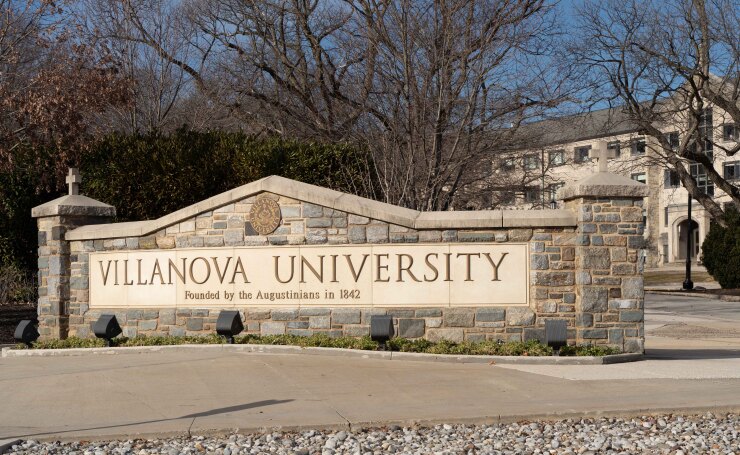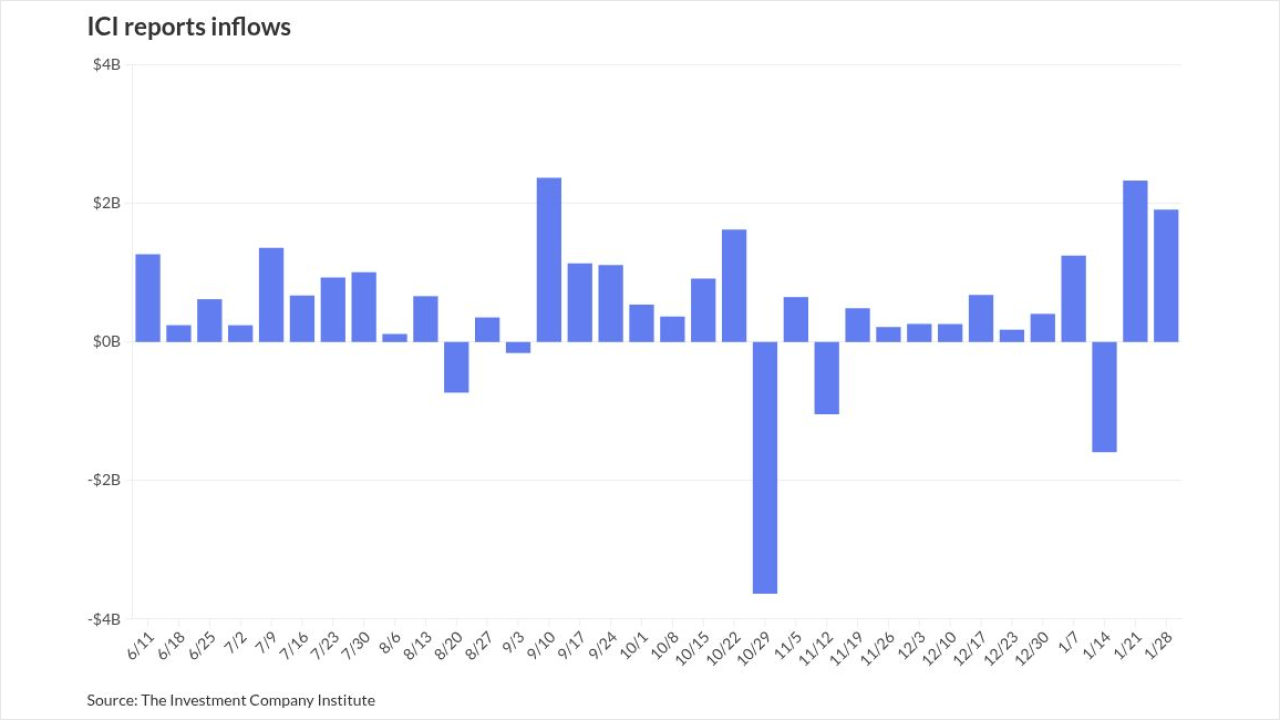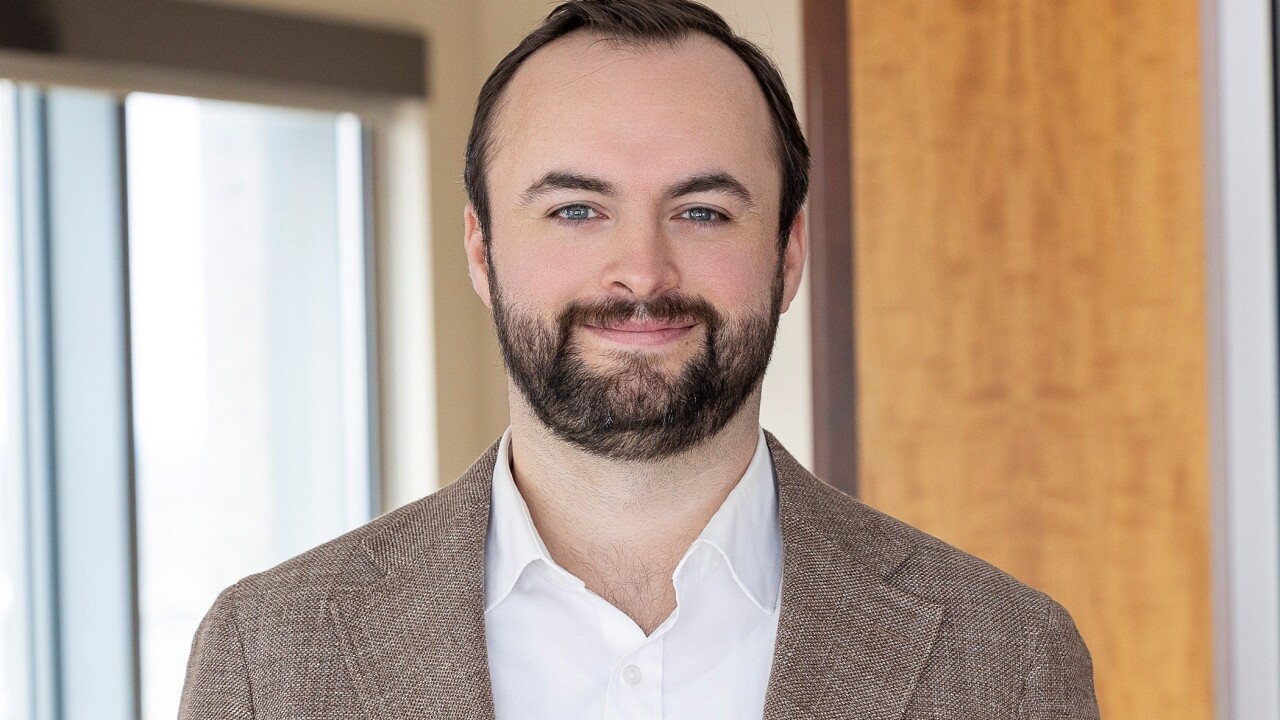Villanova University in Pennsylvania is rescuing bondholders who own debt sold by Cabrini University, a small Roman Catholic school that announced it would close in 2024 after struggling financially for years.
Cabrini, which has about 1,600 enrolled students,
But Cabrini University just announced some good news for investors: As part of an agreement with Villanova, the larger school would either set aside funding to pay off the bonds or it would assume the debt itself, according to a Nov. 2

"It's an excellent outcome for bondholders," said Adam Weigold, head of the municipal fixed income team at Manulife Investment Management, which owns some of the Cabrini bonds. He estimated that the bonds' prices would likely surge at least over 10 cents on the dollar under the two scenarios outlined.
Cabrini said it decided to close after years of trying to fix its finances. The college
The boards for both schools have approved the deal, but it still has to be approved by various entities over the next year, including by the Pennsylvania Department of Education. Cabrini expects to cease operations on June 30, 2024, after the current academic year ends.
The schools haven't disclosed what Villanova is paying to acquire Cabrini's campus. Spokespeople for Cabrini and Villanova declined to comment further.
Cabrini was founded in 1957 and is named after the first American naturalized citizen saint, Mother Frances Cabrini. The school has a 112-acre, tree-lined campus in Radnor, Pennsylvania, about two miles from Villanova.
Its campus includes the Holy Spirit Library, a mansion that serves as the president's office, and various athletics facilities like tennis courts. Villanova
"This agreement provides an opportunity for Villanova to honor the legacy of Mother Cabrini and Cabrini University, while furthering our commitment to advancing Catholic higher education," Peter Donohue, president of Villanova University, said in a statement.
After Cabrini announced it would close and sell its campus to Villanova in late June, the prices on Cabrini debt, which was issued through the Delaware County Authority,
Investors can take losses when universities close. Bondholders' prospects for recovering their money often relies on the sale of its assets. But finding a buyer of a college campus can be tough given it's a unique type of real estate and colleges can be located in remote areas. Cabrini, meanwhile, benefited from being located right next door to an entity that could use its facilities.
Weigold said the real estate deal benefited both universities — Villanova gets to expand its real estate footprint to the neighboring school's picturesque campus. For large schools like Villanova, "these opportunities don't come around very often," he said.
If Villanova takes on Cabrini's debt, the prices on the bonds would likely increase, according to Weigold. Cabrini bonds — rated by S&P BBB-minus with a developing outlook, one notch above junk — would trade like Villanova debt securities, which are rated six steps higher at AA-minus, Weigold said.
Under the other option outlined as part of the agreement, the bonds could be defeased and money would be set aside for bondholders in an escrow agreement. Weigold said he estimates the implied price would be about 106 cents on the dollar under that scenario.
S&P said in a report on Nov. 7 that it could upgrade the bond rating if Villanova assumes Cabrini's debt obligation as planned. If the deal doesn't go through, it could downgrade the debt because Cabrini wouldn't have sufficient resources available to retire the bonds over the long term, the rating agency said.
Weigold said his team purchased the bonds shortly after Cabrini made its initial announcement about selling its campus to Villanova. He said he took the risk on the debt because he thought Villanova's relatively light debtload and large endowment would enable it to potentially take on Cabrini's debt itself.
"Our feeling was the probability for a successful outcome here was pretty good," Weigold said.





